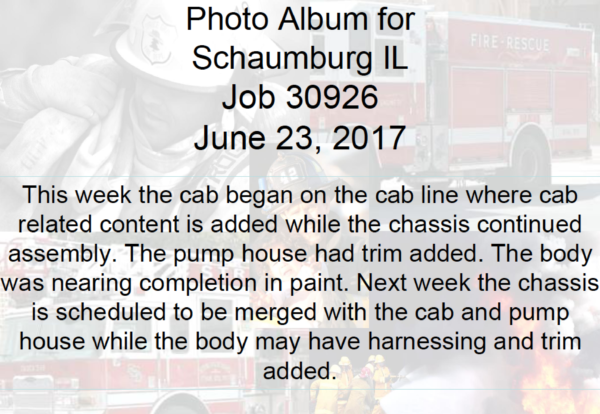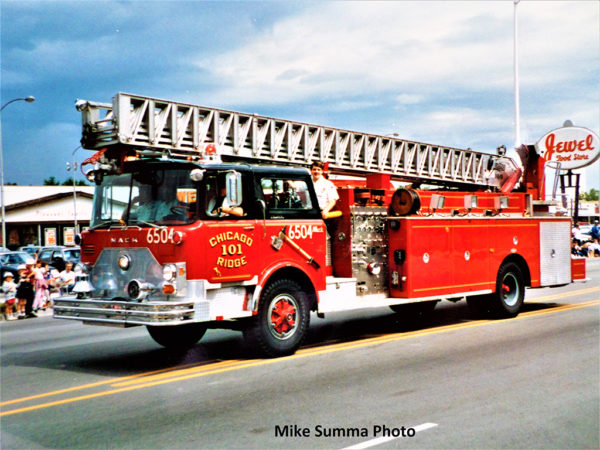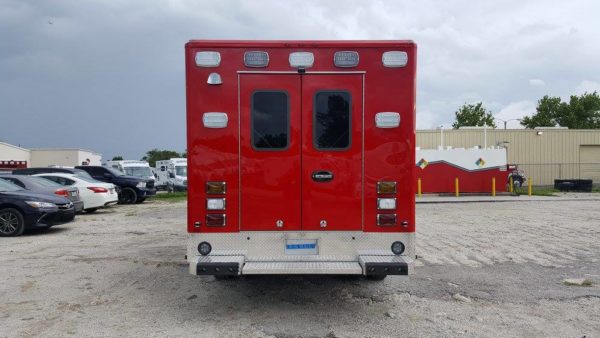Excerpts from the Bellevillenews-democrat.com:
On July 1, the existing Emergency Telephone Act will expire, cutting off authorization for 911 services and dispose of the surcharge that helps 911 call centers continue running.
Senate Bill 1839 amends the Emergency Telephone Act and extends the expiration date until the end of 2020. It also would raise the monthly surcharge that each phone-owner pays from .87 cents to $1.50 everywhere except Chicago. The Chicago surcharge would increase from $3.90 to $5.
Gov. Bruce Rauner’s administration has said it won’t support the bill because the surcharge increases are too high. The governor’s policy adviser for energy and environment, issued a memo to a statewide 911 administrator, saying the increases were unacceptable. He asked lawmakers to send a clean bill before July 1.
The bill passed May 31 in both the House and Senate. The memo didn’t suggest specific changes, but did note a 911 advisory board recommended a $1.05 statewide fee.
Brett Reynolds, the president of the Illinois Association of Public-Safety Communications Officials, asked that Rauner demonstrate his support of 911 services and public safety by passing the bill, which passed through the general assembly with widespread bipartisan support. The House voted 81-27 and the Senate voted 53-3.
thanks Dan
Excerpts from mysuburbanlife.com:
Public safety officials are calling for Gov. Bruce Rauner to sign legislation that would increase phone fees across the state in order to modernize the 911 emergency service system.
“The state is in the process of modernizing a 30-year-old 911 network to create a more efficient and reliable system to ensure public safety response for all of Illinois,” Association of Public Safety Professionals Illinois Chapter President Brent Reynolds said during a news conference.
The proposed legislation increases the 911 surcharge from 87 cents to $1.50 per month per device, or an annual increase of $7.56 per phone. In Chicago, the 911 surcharge would increase from $3.90 to $5.
Reynolds said the increase is needed to assist 911 dispatch centers in replacing obsolete equipment and upgrading to the technology needed to meet the mandated Next Generation 911 standards that include texting to 911.
Linda Zerwin, executive director of the Emergency Telephone System Board of DuPage County and a 911 service advisory member representing counties with a population of 250,000 or more, noted that with a resident population of just less than 1 million and 62 police and fire agencies, the DuPage County board is the largest county Emergency Telephone System Board in the state.
She said consolidation efforts of the county’s 911 system began in 2008, resulting in an annual savings of about $7 million in operating costs. The Emergency Telephone System Board currently receives about $8 million in 911 surcharges for a $28 million-a-year operation, and the balance of that amount has been borne by the municipal and Sheriff’s Office general funds.
“The city of Chicago has already received two significant increases in the last four years – from $1.25 to $2.50 in 2013 and from $2.50 to $3.90 in 2014,” said Jason Heffley, Rauner’s policy adviser for energy and environment, in a memo to Cindy Barbera-Brelle, statewide 911 administrator. “Additionally, the increase for the remainder of the state is significantly higher than the $1.05 that was recommended by the 911 Advisory Board that studied the issue for two years.”
The bill also would allow AT&T to end providing landline service in Illinois.










































